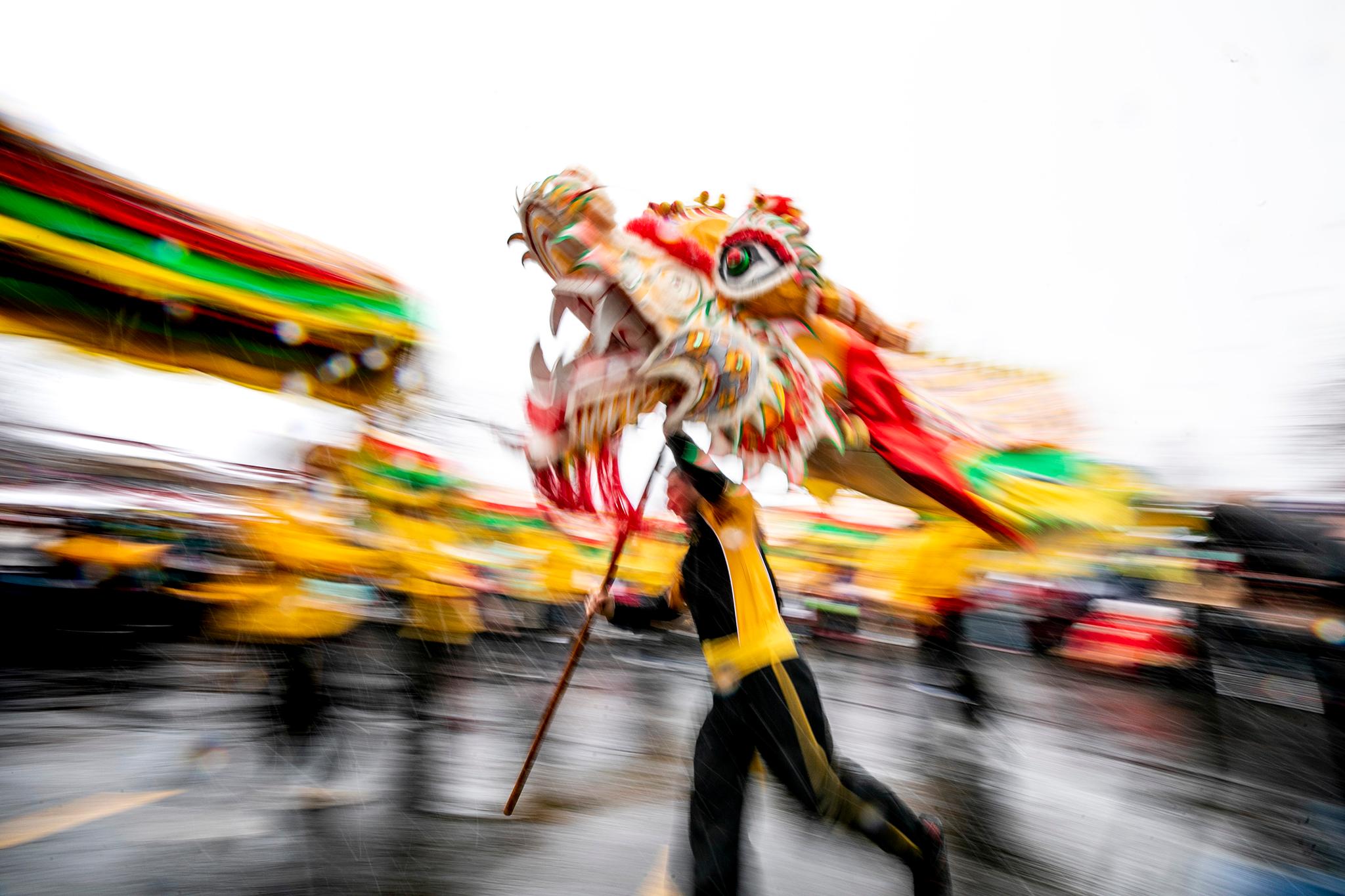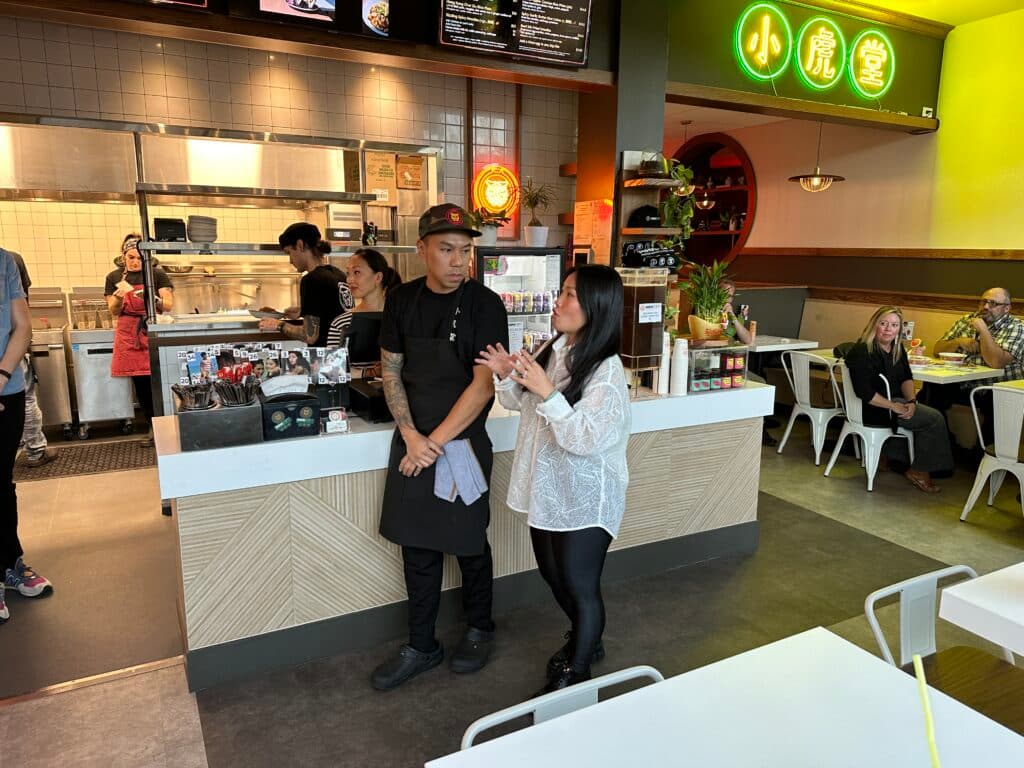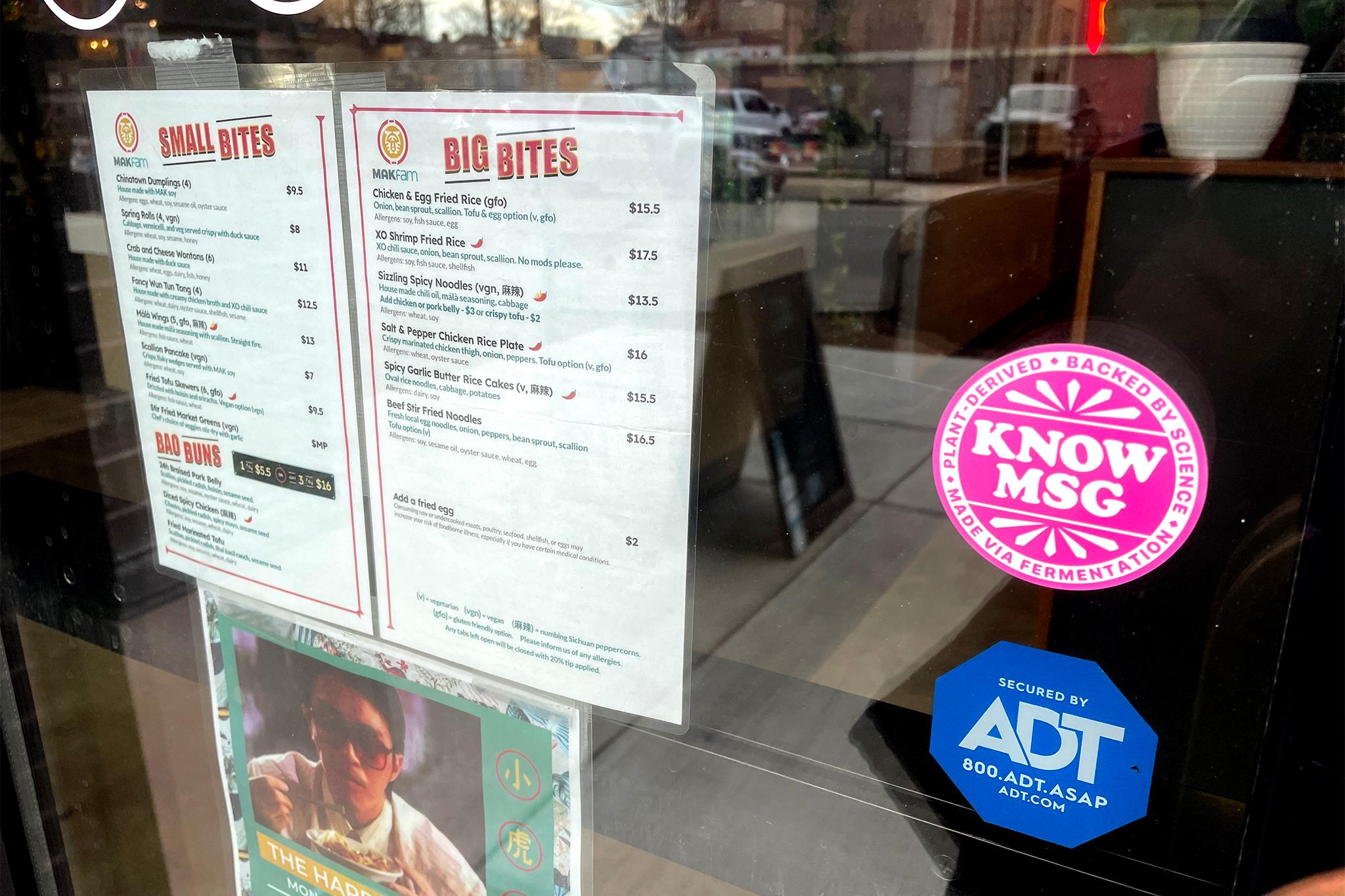Those dining at MAKfam for its sold-out Lunar New Year celebration dinner will notice a common denominator in the dishes and drinks they'll be serving those nights: the ingredient commonly known as MSG.
Monosodium glutamate, or MSG, is a naturally occurring salt found in food like tomatoes and mushrooms. It was first isolated as its own ingredient in 1908 by Japanese chemist Kikunae Ikeda, who wanted to capture the savory taste of kombu, a seaweed often used to create dashi broth.
"We use it in our food as a flavor enhancer to enhance the savoriness of a dish," said MAKfam co-owner and general manager Doris Yuen.
This Lunar New Year, the first since Colorado designated it an official holiday, Yuen and her husband, chef Kenneth Wan, wanted to put together a special menu that showcases what they like to eat. They settled on using MSG as a common theme in the menu after a follower on Instagram complained about the restaurant's use of the ingredient.
"There's still a lot of misconception and misrepresentation of MSG where we felt like we really need to highlight the use of this ingredient and show people, 'Hey, MSG is in foods that you eat all the time, and it makes things taste very good,' but that's really it. It's not bad for you," Yuen said.

For decades, some have blamed MSG for a variety of symptoms reported after eating at Chinese restaurants, including headaches, weakness and dizziness. It was known so widely as "Chinese restaurant syndrome" that a definition of the term is included in several dictionaries.
Many East Asian restaurateurs and activists have criticized the term as racist or xenophobic. Prominent celebrity chefs, like David Chang, Eddie Huang and Andrew Zimmern have also defended MSG's use. The Food and Drug Administration considers MSG safe to eat, and several blinded studies have shown no adverse effects when compared against foods without the ingredient.
Backlash against MSG has been so strong that Wan's mother, who once owned a Chinese takeout joint in Massachusetts, had signs in her restaurant and menus loudly proclaiming they didn't use MSG.
"She still has this fear of people coming in and suing us because they'll get sick from eating MSG at our restaurant," Yuen said.
MAKfam, which opened in November, is the latest food venture by the married couple, and it's their first foray into owning a brick-and-mortar restaurant after a long career operating mostly in food halls. Wan, who was recently named a semifinalist for a James Beard award, said using MSG was instilled in him when he was starting his career as a chef.

"I've worked in many restaurants where I was a cook or I was a sous chef, and my chef would be like, 'Hey, make sure we're putting MSG,'" Wan said. "It's good for bar snacks, it's going to drive alcohol sales, people are going to salivate. They want that mouthfeel or savoriness."
MAKfam's Lunar New Year menu will include dishes such as Longevity Noodles, salt baked chicken, and "Mama Wan's XO Turnip Cake." MSG will also be used to enhance specialty cocktails and a special beer made in collaboration with Novel Strand Brewing. Yuen said they've been experimenting with savory cocktails on MAKfam's regular menu.
"Savory cocktails are having a moment right now. I love a good gin martini. I love it really dirty," she said. "So it's just natural that when we opened the restaurant, I always knew that I wanted to do some kind of play on a dirty gin martini featuring MSG. It just adds another level and depth into the flavor profile of the gin martini."
MAKfam's Lunar New Year dinner is for two nights only, on February 21-22, but reservations are already sold out.












